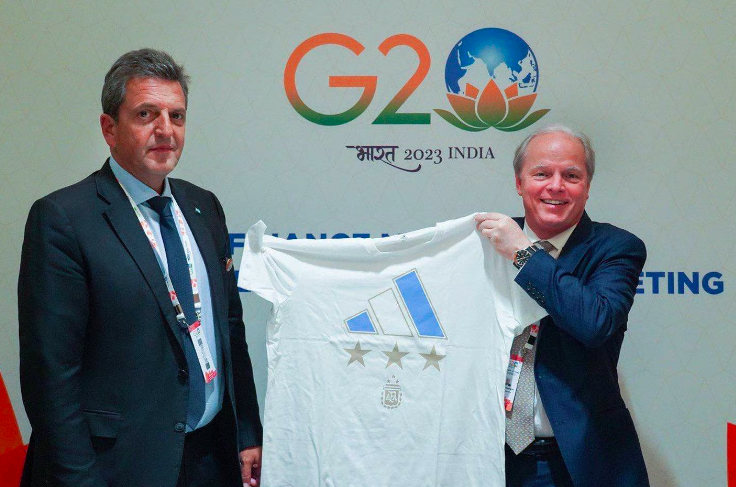The Argentine government obtained a new loan from the World Bank.
While the government is waiting for the International Monetary Fund (IMF) to make official the change in the reserves accumulation target for this year, the World Bank Board of Directors approved two new loans for the country, for a total amount of US$450 million.
The multilateral organization’s decision will result in US$300 million to reduce secondary school and higher education dropout rates and US$150 million to support planned urban growth that will allow more inclusive access to housing.

“It is a great satisfaction to have the support of the World Bank to contribute to the financing of educational inclusion, as well as to launch a habitat and urban land program to improve living conditions and access to infrastructure and services for more Argentines,” celebrated the Minister of Economy, Sergio Massa.
CONDITIONS OF THE NEW WORLD BANK LOAN
According to what was revealed this Monday from the Treasury Palace, the US$300 million from the first of these credit lines will be destined for the project “Improving Inclusion in Secondary and Higher Education by Results”.
This project supports the national scholarship program Progresar, which currently reaches 1.4 million vulnerable young people to accompany and encourage them to complete their studies.
The loan is a fixed-margin loan, repayable in 31.5 years, with an 8-year grace period.
The remaining US$150 million will go to the Habitat and Urban Land Project, which will be implemented in 40 municipalities throughout the country to improve the living conditions of 17,000 households by planning urban growth and providing better infrastructure and services in slums, informal settlements, and degraded areas.
This variable margin loan is repayable in 32 years with a 7-year grace period.
According to the economic team, this project will facilitate access to plots of land in safe and environmentally adequate urban areas and provide municipal governments with more efficient instruments for urban land management.
In vulnerable neighborhoods, it will provide connection to basic services such as drinking water, sewage, gas, and electricity networks and promote social integration by constructing public infrastructure and community equipment, they added.
With information from Bloomberg

